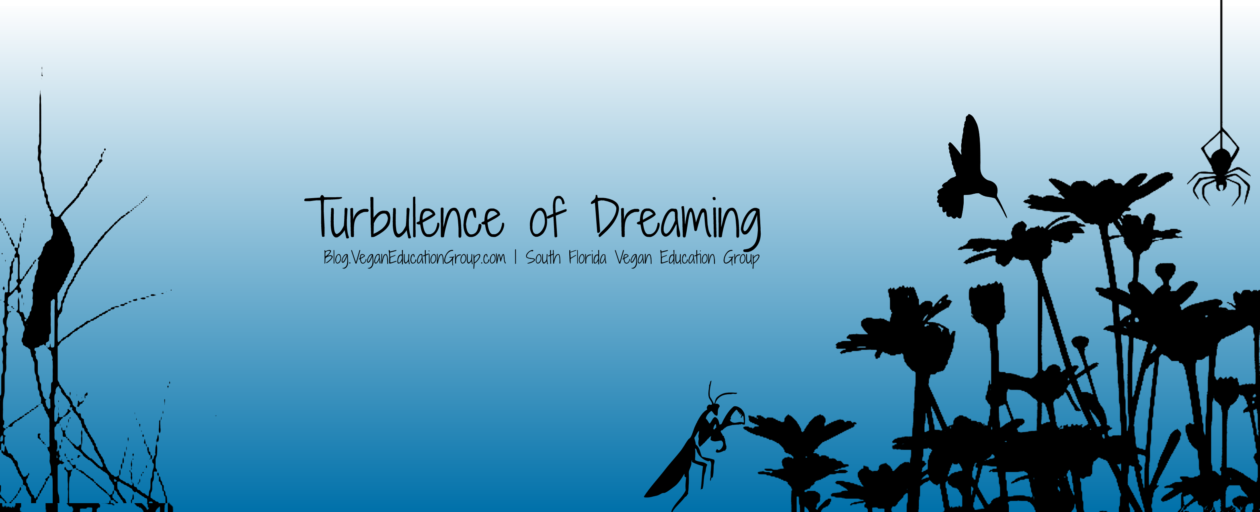
One common argument against veganism is, “I like eating meat, cheese, eggs and milk. They taste good!” While that may be the case for some people (I certainly felt that way in my pre-vegan days), personal taste preference is irrelevant in matters of fundamental justice and here’s what this argument really means:
“The satisfaction of my personal pleasure is more important than another individual’s right to have their body treated with respect and not be used as an object.”
Essentially, this same argument could be used by a rapist to justify rape, or by a human trafficker to justify commercial sexual exploitation. If such analogies seem off the mark or offensive, consider that the non-human animals used by humans to provide food are routinely sexually abused by their human “caretakers” through, among other things, non-consensual, forced penetration and manipulation of their reproductive organs under the euphemism of “animal husbandry” (even this term has the ring of bestiality to it…).
The ability to take something from someone else (property, sex, children, money) does not mean we should take those things from them. On the contrary, it means that we, as the more powerful entities in the situation, have a moral obligation to do what is right and not take that which does not rightfully belong to us. To proceed otherwise is to act unethically, unjustly and immorally. It is to act as a bully, an oppressor and a tyrant.
Is that the best we can aspire to, or can we make the simple decision to remove ourselves from the violent oppression and exploitation of the most vulnerable members of our global society – non-human individuals – and start living vegan, right here and right now?
The choice is clear.
Live vegan. Educate others. Start now, here’s how:
www.HowToGoVegan.org
www.VeganEducationGroup.com
www.BeFairBeVegan.com








 Veganism is not some sort of moral “high ground”, but rather a recognition of and respect for equality between individuals. As my friend
Veganism is not some sort of moral “high ground”, but rather a recognition of and respect for equality between individuals. As my friend 







 It would save an abundance of time and energy – as well as countless lives – if those who oppose veganism would cease their
It would save an abundance of time and energy – as well as countless lives – if those who oppose veganism would cease their 


 welfare and abuse “reduction” – while animals remain enslaved in a food/entertainment/fashion/science lab industry – rather than focusing on achieving animals rights through promoting veganism as the moral baseline for our treatment of individuals of other species. There is a huge difference between the two. Welfarists celebrate hollow “victories” like bigger cages or one species’ “retirement” from the circus (only to be replaced by another species) while the vegan movement seeks to focus on clear, consistent, unequivocal vegan education.
welfare and abuse “reduction” – while animals remain enslaved in a food/entertainment/fashion/science lab industry – rather than focusing on achieving animals rights through promoting veganism as the moral baseline for our treatment of individuals of other species. There is a huge difference between the two. Welfarists celebrate hollow “victories” like bigger cages or one species’ “retirement” from the circus (only to be replaced by another species) while the vegan movement seeks to focus on clear, consistent, unequivocal vegan education.